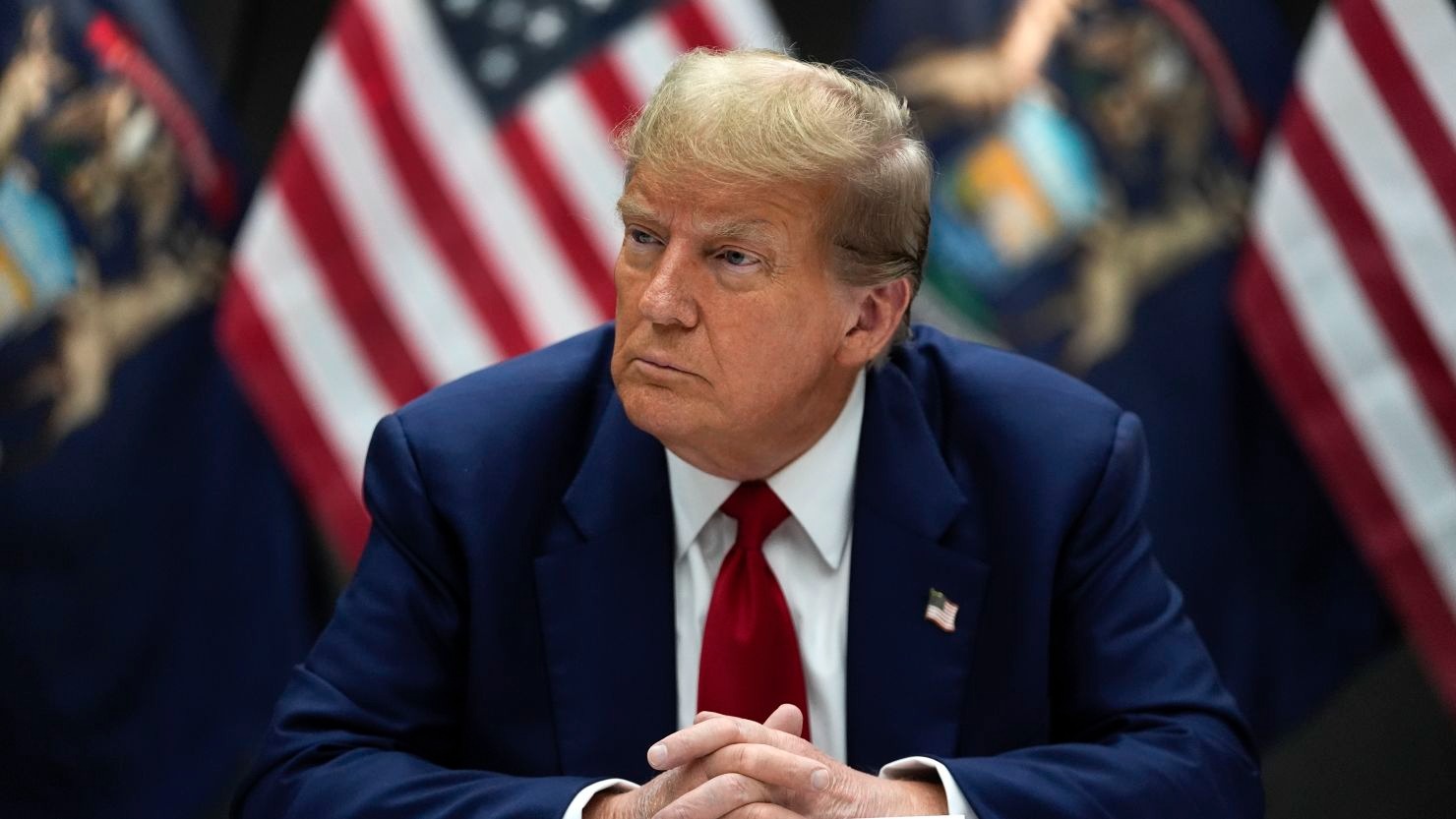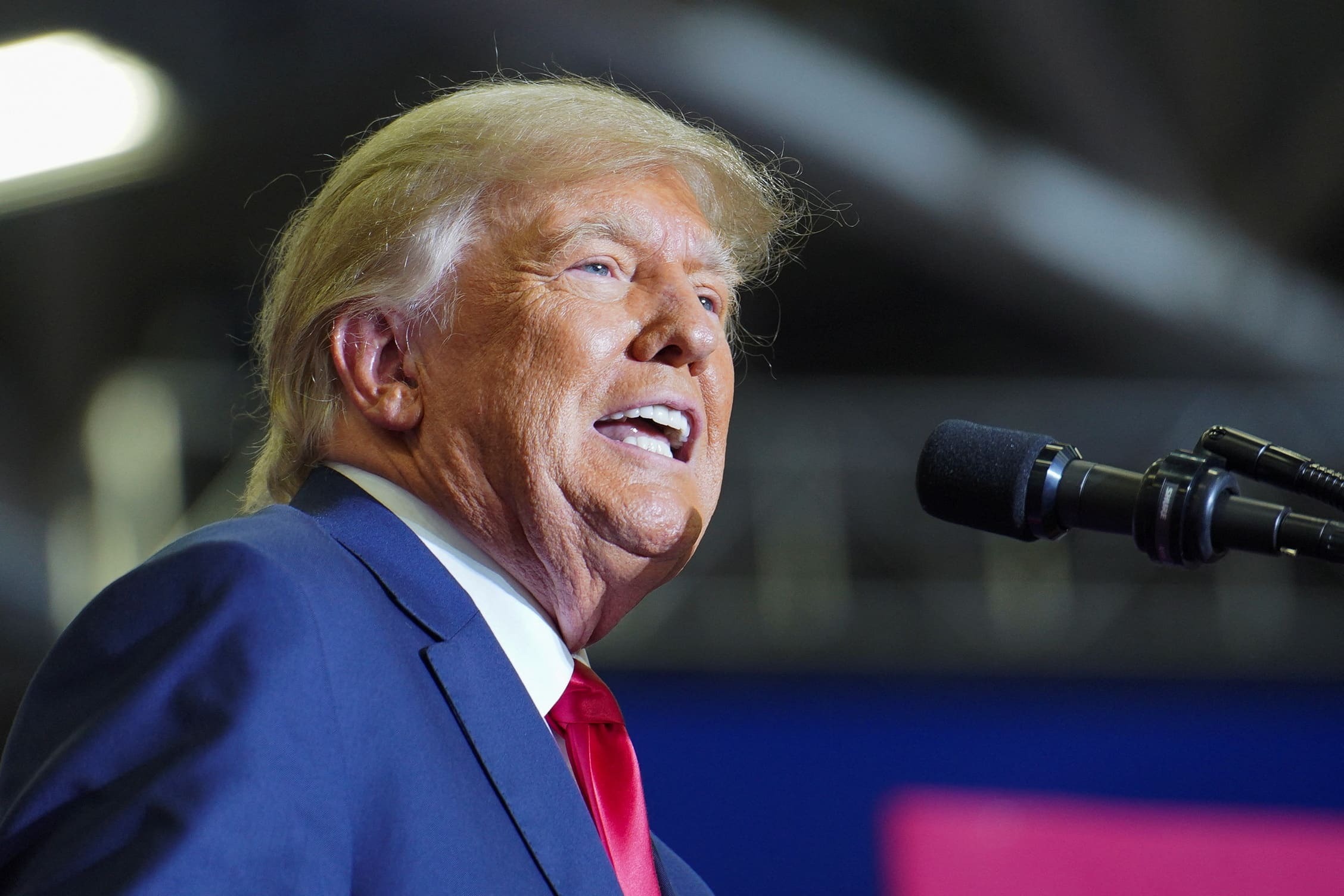Donald Trump’s recent remarks to Time magazine signal a potentially seismic shift in the approach to civil rights if he were to secure a second term as president.
Embracing the anti-DEI (Diversity, Equity, and Inclusion) fervor sweeping through the Republican Party, Trump pledged to redirect the focus of civil rights efforts toward combating what he perceives as “anti-white” racism, rather than addressing racism against people of color.
In his interview, Trump echoed sentiments from supporters who argue that anti-white discrimination is now a greater concern than racism against Black individuals. He asserted that there is a palpable anti-white sentiment in the country that must be addressed, signaling a departure from traditional civil rights advocacy.

Trump outlined a series of drastic measures he would take if re-elected, including using the U.S. military to deport millions of undocumented immigrants, deploying the National Guard to suppress protests, and dismantling some portions of the U.S. civil service.
These assertions align closely with the objectives of Project 2025, a comprehensive plan developed by conservative activists in anticipation of Trump’s potential return to power.
The plan aims to reverse what it refers to as “the DEI revolution” by eliminating affirmative action policies and programs, which it labels as “affirmative discrimination.”
Trump’s stance on DEI mirrors the policies of his administration at the end of his first term, including an executive order banning racial sensitivity training by the federal government and its contractors. This order had a chilling effect on efforts to address historical patterns of discrimination and promote inclusivity in workplaces.
While the Biden administration rescinded Trump’s executive order upon taking office, conservative activists have continued to challenge DEI initiatives, claiming that they disadvantage white workers.
GOP-led legislatures have introduced numerous bills aimed at restricting DEI efforts in various sectors, including education, government, contracting, and pension investments.

Legal challenges against affirmative action, spearheaded by figures like former Trump administration official Stephen Miller and activist Edward Blum, have intensified following a Supreme Court decision last year striking down affirmative action in college admissions.
Prominent figures from the business world, such as Elon Musk and Bill Ackman, have also criticized DEI efforts as “racist.”
Trump’s embrace of the anti-DEI movement underscores a broader ideological shift within the Republican Party and sets the stage for potentially contentious debates over civil rights and equality in the years to come.


